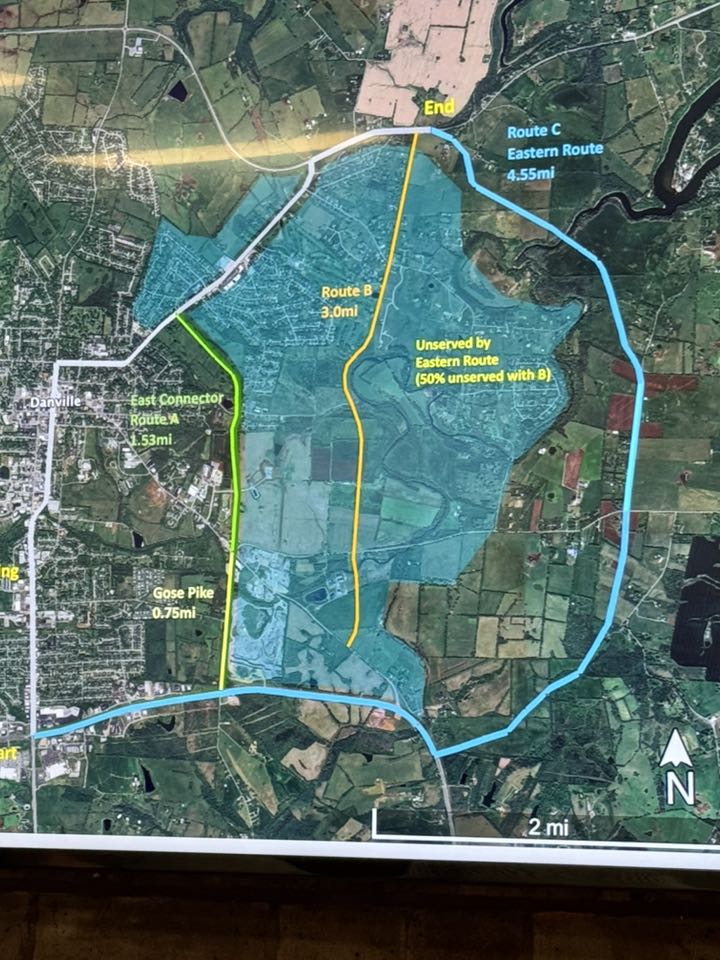Cuts to rural health care must end
Published 1:03 pm Tuesday, October 1, 2019
EDITORIAL
The Advocate-Messenger
The federal government isn’t doing enough to protect health care services in rural areas. In fact, it seems to be steadily making it harder and harder for rural hospitals to operate.
Trending
Kentucky hospitals are already getting hit with an estimated $77 million in reduced Medicare payments by next year.
And there’s another shoe waiting to drop: the Centers for Medicare and Medicaid Services finalized a new rule this month that would slash funding for Kentucky hospitals who treat a high number of uninsured and Medicaid patients from $227 million last year to $60 million in 2021.
Those cuts would have begun today, the first day of the federal government’s fiscal year. Congress passed a continuing resolution that will delay the cuts — but only until Nov. 21.
Kentucky’s share of cuts from the new rule is outsized because the new rule penalizes states that expanded Medicare coverage for poor people under the Affordable Care Act, according to Kentucky Health News. And “rural hospitals in Kentucky would likely be hit hardest, since so many of their patients are on Medicare and Medicaid or have no health insurance,” KHN reported. “Almost one of every three Kentuckians is on Medicaid.”
These cuts aren’t just big numbers, they represent a real reduction in quality of life for real Kentuckians — most likely including some of the neighbors on your street, or even you.
Ephraim McDowell Regional Medical Center is already eating $475,300 in recent Medicare cuts, according to the Kentucky Hospital Association. And there’s a second round of funding cuts in the works that is totally separate from the potential massive reductions the rule change we’ve been talking about would make.
Trending
It seems the federal government isn’t interested in protecting the health and wellbeing of its rural citizens; it’s only interested in cutting existing services, regardless of what that means for a widow living in the Bluegrass on a fixed income, or a young Kentucky family with two working parents that still stretches to make ends meet.
These people who already put forth Herculean efforts just to keep their heads above water will be asked to do even more or sacrifice their own health if the federal government gets its way.
Sadly, these cuts won’t only make health care worse or harder to come by in rural areas; they won’t get the economic results the government seems to be hoping for, either. A less healthy, more financially stressed population is less economically potent than a healthy, well-off one.
Given the right tools, that widow on a fixed income might be able to afford good medication and find herself in a position where she has the time and strength to volunteer at her church. If that young family stays healthy and the parents get good attendance marks at their jobs, they’re more likely to land raises and promotions and pay taxes on their increasing wealth.
If we keep cutting and cutting our health care system, we will only succeed in reducing the potency of our workforce and driving people into bankruptcy. That means less tax dollars and a worse economy, which could prompt further cuts — it’s a vicious cycle our government is apparently too cowardly or cold-hearted to break.






